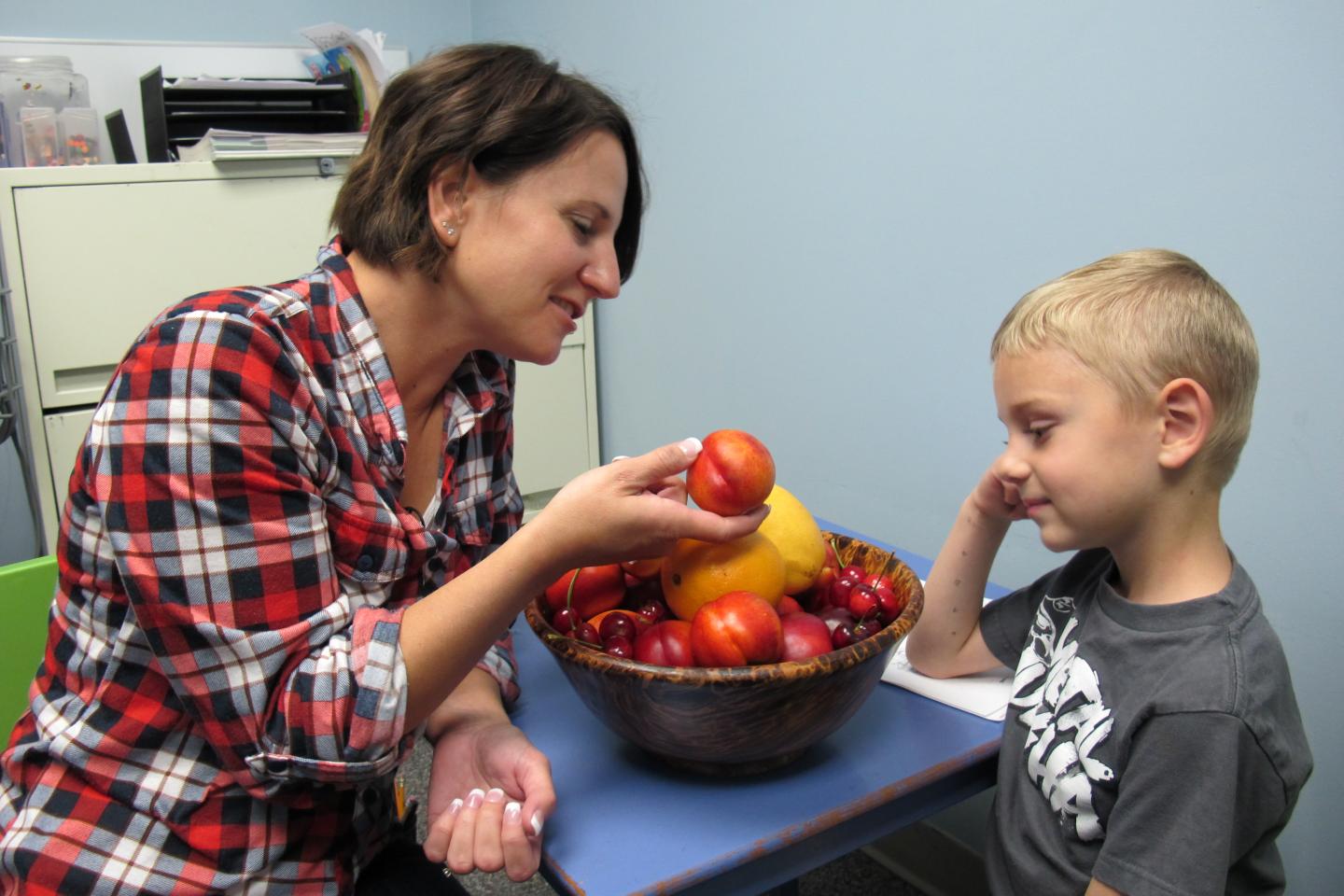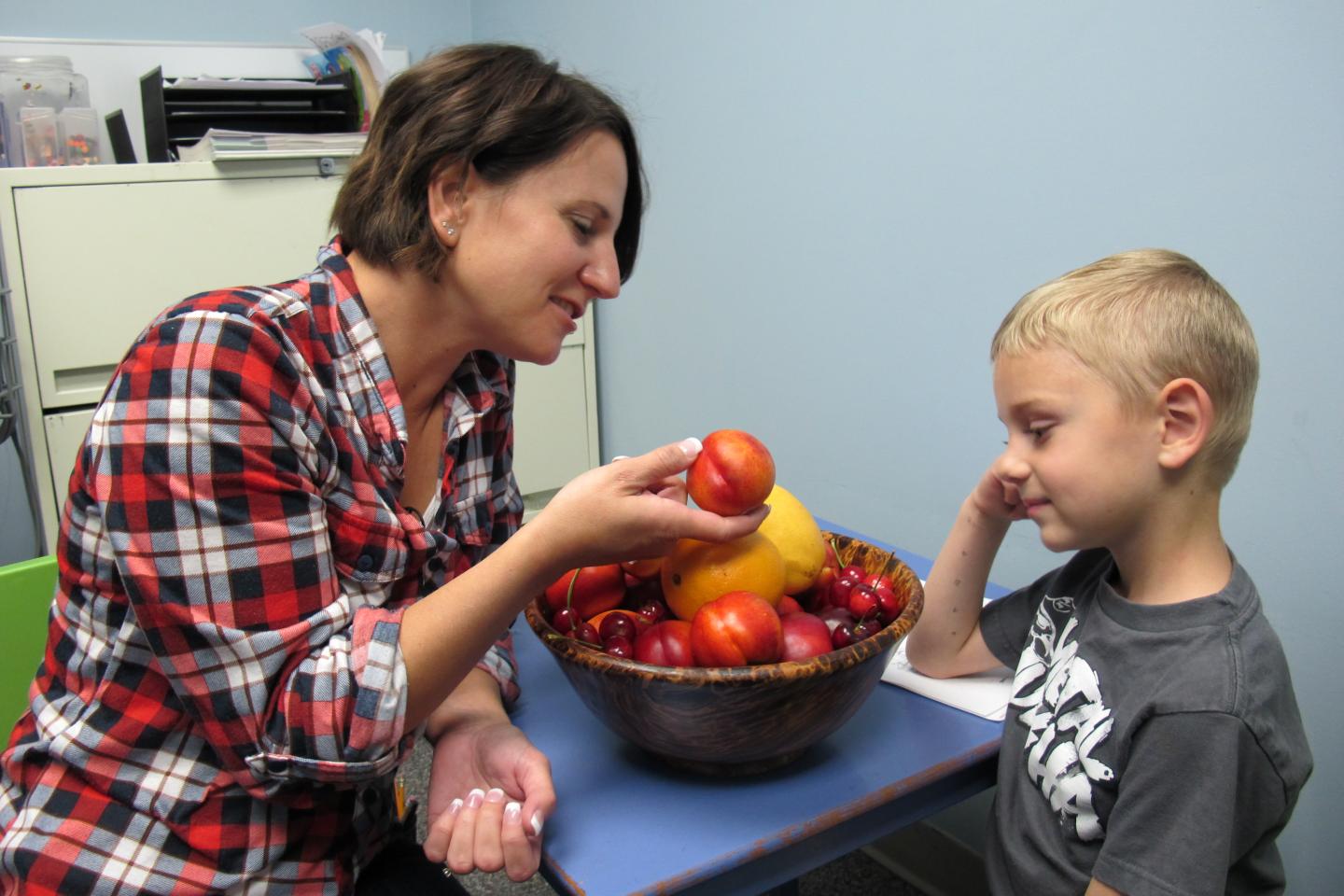
(Edmonton, AB) Most people have heard the old adage “an apple a day keeps the doctor away.” It’s an old truth that encompasses more than just apples–eating fruit in general is well known to reduce risk for a wide variety of health conditions such as heart disease and stroke. But now a new study is showing the benefits of fruit can begin as early as in the womb.
The study, published in the journal EbioMedicine, found that mothers who consumed more fruit during pregnancy gave birth to children who performed better on developmental testing at one year of age. Piush Mandhane, senior author of the paper and associate professor of pediatrics at the University of Alberta’s Faculty of Medicine & Dentistry, made the discovery using data from the Canadian Healthy Infant Longitudinal Development (CHILD) Study–a nationwide birth cohort study involving over 3,500 Canadian infants and their families. Mandhane leads the Edmonton site of the study.
“We wanted to know if we could identify what factors affect cognitive development,” Mandhane explains. “We found that one of the biggest predictors of cognitive development was how much fruit moms consumed during pregnancy. The more fruit moms had, the higher their child’s cognitive development.”
The study examined data from 688 Edmonton children, and controlled for factors that would normally affect a child’s learning and development such as family income, paternal and maternal education, and the gestational age of the child.
Using a traditional IQ scale as a model, the average IQ is 100 and the standard deviation is 15; two thirds of the population will fall between 85 and 115. Mandhane’s study showed that if pregnant mothers ate six or seven servings of fruit or fruit juice a day, on average their infants placed six or seven points higher on the scale at one year of age.
“It’s quite a substantial difference–that’s half of a standard deviation,” Mandhane explains. “We know that the longer a child is in the womb, the further they develop–and having one more serving of fruit per day in a mother’s diet provides her baby with the same benefit as being born a whole week later.”
To further build on the research, Mandhane teamed with Francois Bolduc, an associate professor in the Faculty of Medicine & Dentistry’s Division of Pediatric Neurology, who researches the genetic basis of cognition in humans and fruit flies. Both researchers believe that combining pre-clinical models and epidemiological analysis is a novel approach that may provide useful new insights into future medical research.
“Flies are very different from humans but, surprisingly, they have 85 per cent of the genes involved in human brain function, making them a great model to study the genetics of memory,” says Bolduc. “To be able to improve memory in individuals without genetic mutation is exceptional, so we were extremely interested in understanding the correlation seen between increased prenatal fruit intake and higher cognition.”
According to Bolduc, fruit flies have a long track record in the field of learning and memory. Several genes known to be necessary in fly memory have now been found to be involved in intellectual disability and autism by Bolduc and others. In a subsequent series of experiments, he showed that flies born after being fed increased prenatal fruit juice had significantly better memory ability, similar to the results shown by Mandhane with one-year-old infants. He believes it suggests that brain function affected by fruit and the mechanisms involved have been maintained through evolution, and conserved across species.
While the findings are encouraging, Mandhane cautions against going overboard on fruit consumption as potential complications such as gestational diabetes and high birthweight–conditions associated with increased intake of natural sugars–have not been fully researched. Instead, he suggests that expectant mothers meet the daily intake recommended in Canada’s Food Guide and consult with their doctors.
Mandhane also says he will continue work in the field, with plans to examine if the benefits of prenatal fruit consumption persist in children over time. He will also be looking to determine if fruit can influence childhood development related to executive functioning–in areas such as planning, organizing and working memory.
###
Media Contact
Ross Neitz
[email protected]
780-492-5986
@ualberta_fomd
http://www.med.ualberta.ca
The post Prenatal fruit consumption boosts babies’ cognitive development appeared first on Scienmag.





